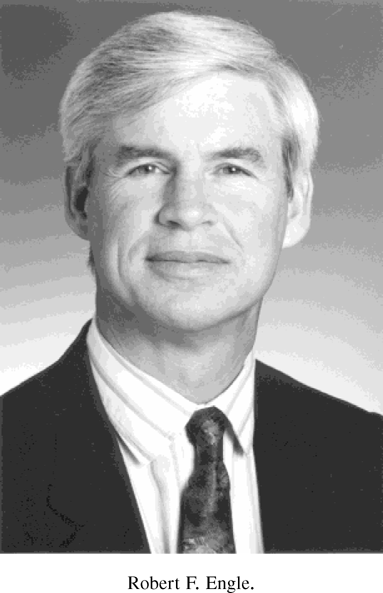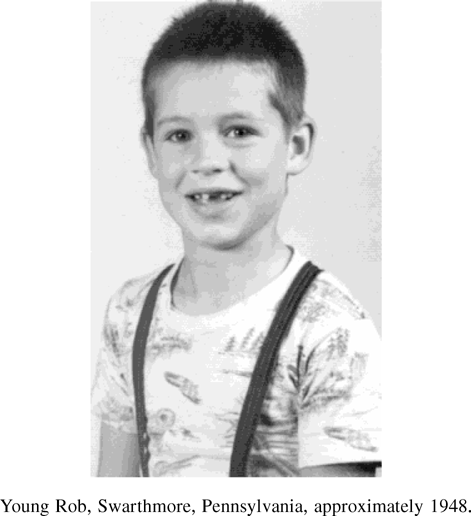Article contents
THE ET INTERVIEW: PROFESSOR ROBERT F. ENGLE, JANUARY 2003
Published online by Cambridge University Press: 24 September 2003
Abstract

In the past thirty-five years, time-series econometrics developed from infancy to relative maturity. A large part of that development is due to Robert F. Engle, whose work is distinguished by exceptional creativity in the empirical modeling of dynamic economic and financial phenomena. Engle's footsteps range widely, from early work on band-spectral regression, testing, and exogeneity through more recent work on cointegration, autoregressive conditional heteroskedasticity (ARCH) models, and ultra-high-frequency financial asset return dynamics. The booming field of financial econometrics, which did not exist twenty-five years ago, is built in large part on the volatility models pioneered by Engle, and their many variations and extensions, which have found widespread application in financial risk management, asset pricing, and asset allocation.
We began the interview in fall 1998 at Spruce in Chicago, the night before the annual NBER/NSF Time Series Seminar; continued in fall 2000 at Tabla in New York; continued again in summer 2001 at the Conference on Market Microstructure and High-Frequency Data in Finance, Sandbjerg Estate, Denmark; and wrapped up by telephone in January 2003.For their cheerful and effective assistance in transcribing this interview, I thank (without implicating) Sean Campbell, Michele Souli, and Clara Vega.

- Type
- Research Article
- Information
- Copyright
- © 2003 Cambridge University Press
- 12
- Cited by


